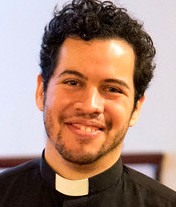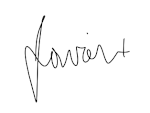Jeff Tweedy—the singer and guitarist behind Wilco, the band—wrote a book about songwriting recently. In an interview, someone asked him how songwriting differed from other types of writing, including the kind that a journalist might do. “You’re trying to convey what’s factually true,” he told the journalist. “I’m trying to convey a feeling that’s true.”
That thought has lingered with me. It is something I think about every time I read Scripture, too.
The Bible is composed of a lot of different kinds of writing, sometimes lacking smooth transitions or a clear narrative structure. You will find poetry and song imbedded in historical accounts; stories that predate recorded human history alongside events in the lives of the people called Israel 2,000 years ago.
We are tempted to draw the whole thing together into an account that conforms to our modern sensibilities: we want it to tell us the truth, much like a scientist might tell us the temperature at which water boils. This is at the heart of what many take to be the conflict between science and religion. And yet sometimes, it is easier to find answers about how things work than to discover why things are the way they are. These questions don’t conflict with one another, really, and yet we need different tools in order to approach them. Scripture offers us and entryway into the latter: a training ground for asking about the why behind human existence. It doesn’t always provide us clear answers, but it does help us ask better questions.
Let us seek the truth, wherever it is to be found. And let us rejoice in the goodness of God’s handiwork as we engage with the words of Scripture—words that speak the truth, if we would but listen.
—Fr. Javier


